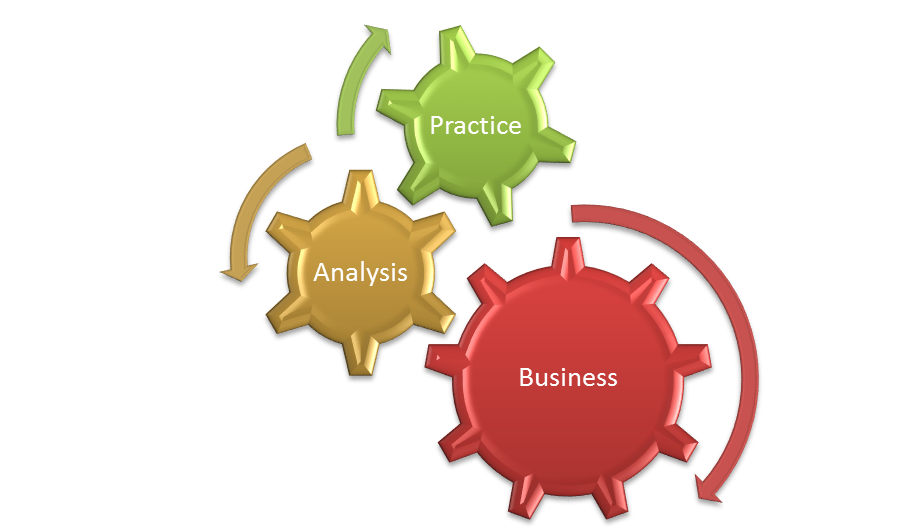Located in Berkshire, Reading is a large and historically significant town. It was an important center of trade as well as religion in the medieval period. The Reading Abbey, still has its 12th century abbey gateway and significant ruins intact. Due to the English Civil War the town was damaged severely, causing a significant loss in trade. Reading also played an important role in the Revolution of 1688. It is where the revolution's only significant military action was took place. The Great Western Railway , the brewing business, baking and seed growing all happened in 19th century. Now,Reading boasts of being a major commercial centre, that involves information technology and insurance. Reading has, despite its nearness to London, a net inward traveler flow.
Reading came up as a settlement way back in the 8th century. It had become the largest town in Berkshire by 1525 and had a population of around 5000 in the early 17th Century. It was in the 18th century that major iron works in the town came up and the city saw the growth of the brewing business for which Reading is known till date. It was in the 19th century that Reading saw the growth of manufacturing business also.
Economy
Reading is a vital commercial centre in the Thames Valley and Southern England. It is home to the headquarters of many British companies and UK offices of foreign multinationals. It is also a major retail centre. Daily Reading has an inflow of 30,000 commuters as compared to 24,000 departures. Large companies such as Microsoft and Oracle have their headquarters in Reading. Other businesses in Reading are Prudential, PepsiCo and Wrigley. In 2007, an independent poll placed Reading 16th in a league table of best performing retail centres in the UK.
Culture
Reading is known for its Reading Beer Festival which was first held in 1994 and is now known to be one of the largest beer festivals in the UK. It takes place at King's Meadow for the five days immediately preceding the May Day bank holiday every year. Reading Pride also takes place at Reading, an annual LGBTA festival in Kings Meadow.
Museums
The Museum of Reading contains galleries that showcase the history of Reading . The museum is also home to the excavations of Calleva Atrebatum. It also houses a full-size replica of the Bayeux Tapestry, an art collection, and galleries relating to Huntley and Palmers.
Located in East Reading, The Museum of English Rural Life,is dedicated to the changing face of rural England. It also has collections of public value. It is not only owned but also managed by the University of Reading. The Ure Museum of Greek Archaeology, the Cole Musum of Zoology and the Harris Botanic Gardens are also under the same management. All these museums can be found on the university's Whiteknights Campus.
There is also a small Riverside Museum at Blake's Lock which tells one about Reading's two rivers, the Thames and the Kennet. The Museum of Berkshire Aviation houses a collection of aircraft and other aviation accessories.

 ENQUIRE
ENQUIRE
 REQUEST CALLBACK
REQUEST CALLBACK
 GET A FREE QUOTE
GET A FREE QUOTE


 Introduction
Introduction Course Details
Course Details Course Content
Course Content





 London
London